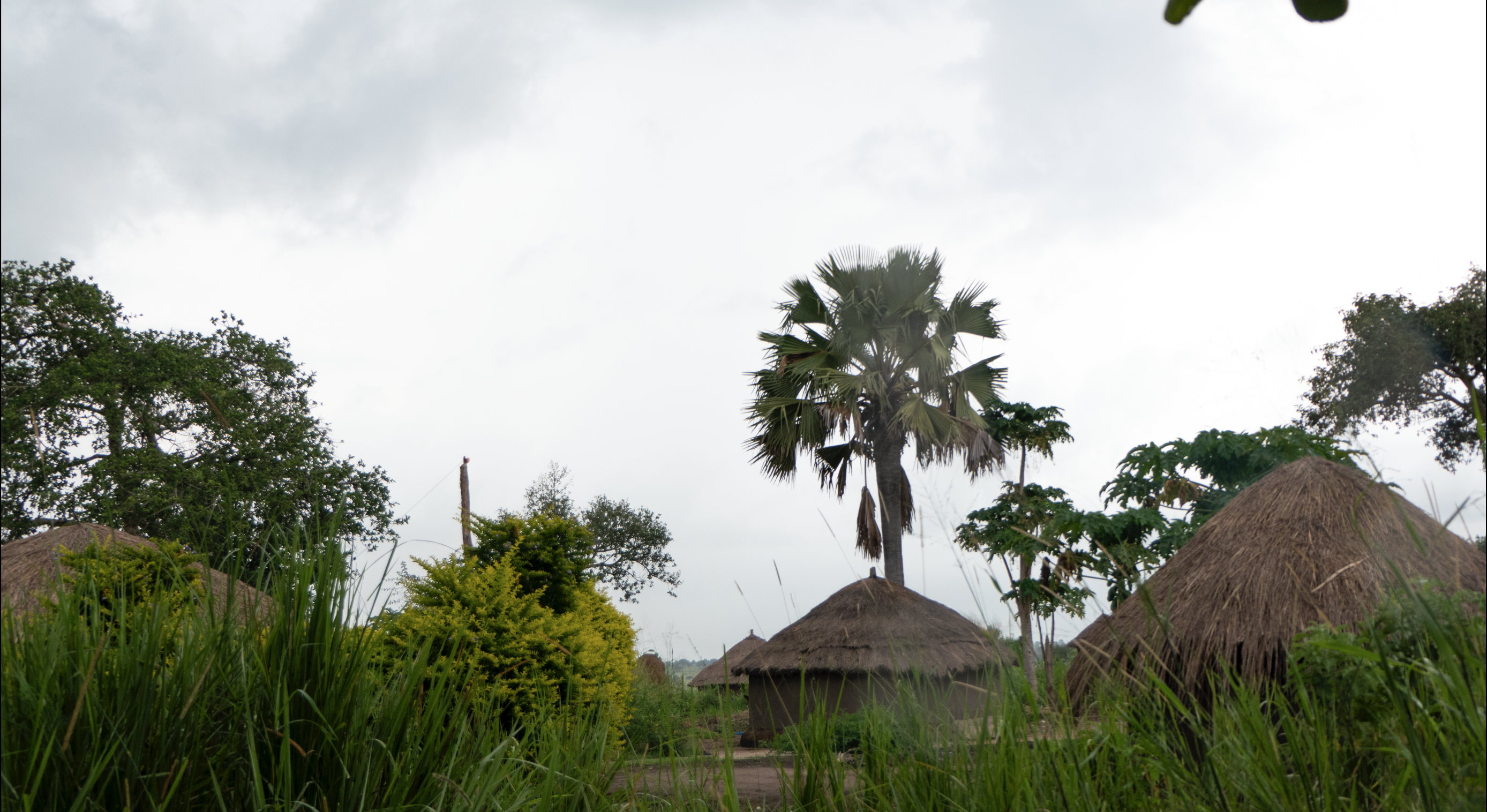By Nadine Nirere
As a Communications Lead at ICBS, I often travel to capture impact stories. Each trip leaves me full, full of words, full of feelings, and full of the voices of people I’ve never met before but who somehow become part of me.
Our recent visit to Gulu, Northern Uganda, was no different. This region carries a heavy history of conflict and displacement that weighs deeply on its people. Yet, what surprised me most was the strength of joy and warmth I found there. Despite the heavy past, Gulu’s communities welcomed us with open arms and genuine smiles. It was a reminder that even in places with a history of trauma, life, laughter, and hope still find space to grow.
This visit was part of the CONNECTing for Peace Project, where Community-Based Sociotherapy (CBS) is being implemented to support healing from mental, emotional, and social wounds. Seeing CBS in action, groups meeting regularly in villages, sharing stories, listening, and rebuilding trust, helped me realize again the power of healing as a collective human process.
Sociotherapy creates a safe space where people can be their whole selves and share their grief, anger, hope, and joy with each other, finding connection in the process. It’s about learning to stand together in vulnerability and strength. But CBS is more than just sitting in a circle and talking. It follows a step-by-step process that begins with creating safety, then slowly builds trust, care, and respect among participants. This structure helps people move from isolation and fear to new ways of thinking, relating, and even dreaming about the future. Watching facilitators guide these circles reminded me that healing is both deeply personal and profoundly communal.
But healing is not a simple journey. It carries both light and shadow. Hearing stories of children taken away in the night, tearing families apart, left me with a quiet ache I still carry. These are not stories I collect to shock the world but to remind us all how deep wounds can run, and how, through the safe journey of sociotherapy, people find the courage to confront them and begin to heal.
What gives me hope is watching people, through the CBS process, begin to shift from being defined by pain to choosing healing. With time, they start to trust again, rebuild what was broken, and open their hearts to others. It’s a powerful reminder of how healing can grow when people are given space and support.
As someone who communicates these stories, I often feel the weight of holding others’ pain alongside their joy. Their voices echo in my heart, touching parts of myself I didn’t know were there. As someone from Rwanda, a country that also carries a painful history, I couldn’t help but feel a quiet familiarity in the stories from Gulu. Though the contexts are different, the emotional wounds, the longing for dignity, and the strength to rebuild feel deeply shared. In their healing, I saw reflections of my own country’s journey. And in that shared humanity, I find meaning, and the quiet assurance that healing is possible.
This visit deepened my belief that real transformation happens when communities lead their own restoration. It reminded me that sociotherapy is not just a method, it’s a journey toward peace rooted in dignity, connection, and hope.
Leaving Gulu, I carried with me more than observations; I carried stories of courage, laughter amid hardship, and the unbreakable spirit of people who, through sociotherapy, began to choose healing over despair.

